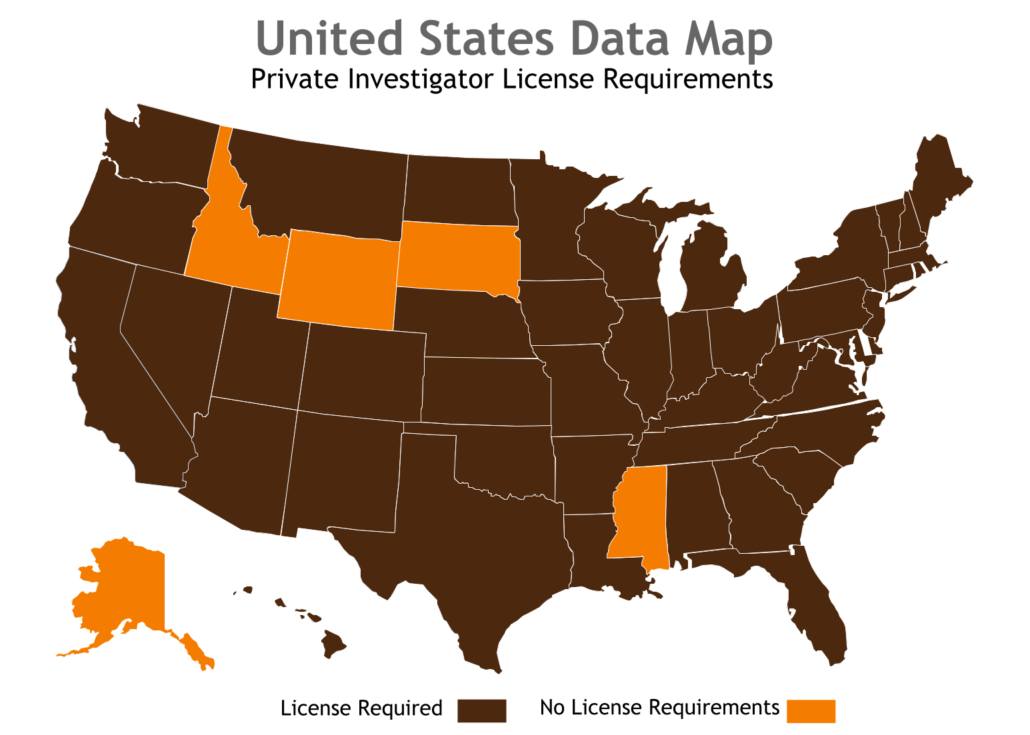Michael Bazzell is an extreme privacy expert. He has literally written the book on how to disappear from the Internet. The 2021 edition of Extreme Privacy: What It Takes to Disappear {affiliate link} was just published earlier this month.
For some people, like celebrities or others who have been threatened, stalked or the subject of serious campaigns against them, disappearing completely from the public view is essential.
Bazzell’s book offers tips on how to hide from some of these online sources, such as removing your information from databases, never providing your cell phone number, protecting your address using private mail drops, and registering your residence and vehicles in trusts or LLCs.
Bazzell also practices what he preaches, using himself as a guinea pig to make sure his tactics and techniques actually work. Bazzell has even gone to such great lengths that he submitted a fake obituary to Legacy.com for one of his many aliases, which the databases picked up, tricking them into thinking that his alias (who never existed) is dead.
For most people (including me), it’s really extreme. Too extreme.
But for the average person, he offers some really good techniques to protect yourself, like using VPNs, password protection, two-factor authentication and burner phones/emails when you need to get in touch with random people.
If you practiced everything he preaches, it would literally be a full-time job. And an expensive one at that.
Bazzell publishes a podcast in which he describes some of his techniques, and a recent episode caught my eye. For his newly released book, Bazzell ran his name through many commonly used investigative databases such as LexisNexis, Thomson Clear, TLOxp, IDI, Tracers, Delvepoint and Accurint.
Overall, Bazzell reported that none of the databases had his current address, cell phone number, registered vehicles, driver’s license or other current information to determine his whereabouts. Which Bazzell considered a huge win. After all, he has literally written the book on how to hide from such things.
However, each of the databases did have some nugget of information about him that surprised him a little. Some had some phone information, others had historical voter data, others had IP address information, while others had corporate information and employment information. Others had family information. If you are a regular reader of this blog, you’ll know that family members are often a weak link. You can listen to the episode in full to get a sense of the information found by each of the different databases.
The bottom line, though? None of them were great.
But the biggest lesson was this: redundancy and multi-sourcing of investigative databases is crucial. As an investigator, relying on one single source of information is an absolute mistake. As Bazzell pointed out, each of the databases had some unique piece of information from a source that was unique to them. None of them were perfect. In fact, given the lengths that he has gone to, none of them had very good information at all. But all the information in totality from the various sources might just give you enough clues to guide you in the right direction.
Note: I feel pity for the person who ever has to serve Bazzell any legal papers.













